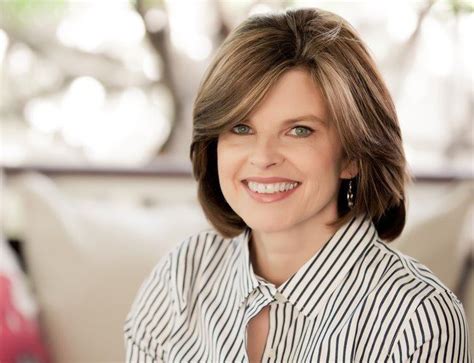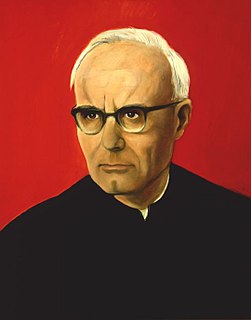A Quote by Jenna Wortham
The celebrated film critic Pauline Kael once wrote that movies function as escape pods, portals to parallel universes that can be radically different from emotional norms and societal conditioning of our own. What she meant was they parceled out freedom, allowing viewers to lose their selves in an effort to find greater connection to the self.
Related Quotes
Manliness has been defined as assertion of the self. Womanliness has been defined as the nurturing of selves other than our own - even if we quite lose our own in the process. (Women are supposed to find in this loss their true fulfillment.) But every individual person is born both to assert herself or himself and to act out a sympathy for others trying to find themselves - in Christian terms, meant to love one's self as one loves others ... Jesus never taught that we should split up that commandment - assigning 'love yourself' to men, 'love others' to women. But society has tried to.
Only in love can I find you, my God. In love the gates of my soul spring open, allowing me to breathe a new air of freedom and forget my own petty self. In love my whole being streams forth out of the rigid confines of narrowness and anxious self-assertion, which make me a prisoner of my own poverty emptiness. In love all the powers of my soul flow out toward you, wanting never more to return, but to lose themselves completely in you, since by your love you are the inmost center of my heart, closer to me than I am to myself.
My initial thoughts about what a title can do was to set mood and the prime underlying core of the film's story, to express the story in some metaphorical way. I saw the title as a way of conditioning the audience, so that when the film actually began, viewers would already have an emotional resonance with it.
To call woman the weaker sex is a libel; it is man's injustice to woman. If by strength is meant brute strength, then, indeed, is woman less brute than man. If by strength is meant moral power, then woman is immeasurably man's superior. Has she not greater intuition, is she not more self-sacrificing, has she not greater powers of endurance, has she not greater courage? Without her, man could not be. If nonviolence is the law of our being, the future is with woman. Who can make a more effective appeal to the heart than woman?
One of our continuing myths was summed up in Huckleberry Finn: Our escape, what we think of as our escape, is that we can always light out for the territories. Well, we really can't, not anymore, but that's part of the American character - that belief that at any moment, I could just drop the coffee cup and disappear. And it makes for a different self-image and a different story, in a way.
































